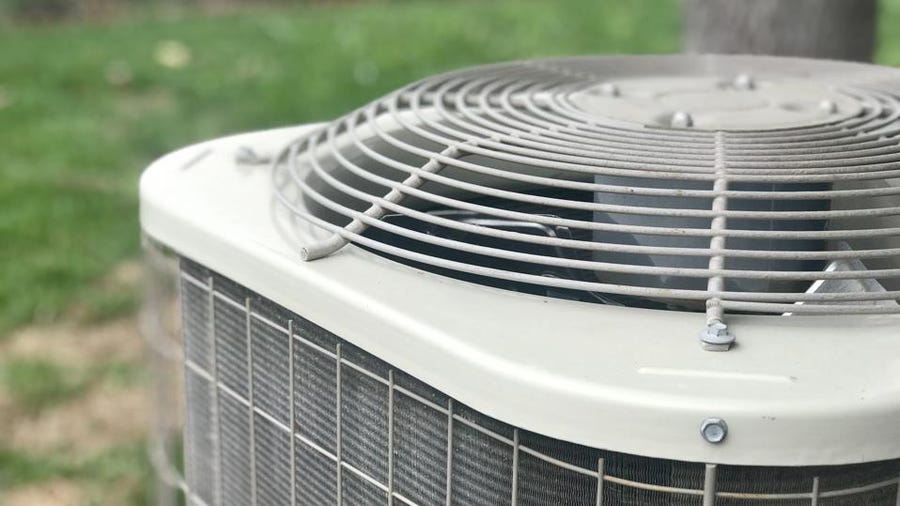
In the beginning, solar panel companies sold panels at big-box retailers like Home Depot. It was thought that such partnerships could allow them to reach a new market and attract customers who may not otherwise be interested in purchasing a system. However, the service didn't really take off for a variety of reasons.
#1: A professional solar installer is required
It is important that you remember that solar power installation requires extensive knowledge and skill. Experts recommend hiring an expert to do the job. You should also ensure you hire the right company to fulfill your needs.
#2: You Need a Reputable Company
When choosing a solar provider, you need to do your research. It's also important to choose one with a solid reputation. It is possible to do your research by looking at their warranty policies, prices, installation timeframes and customer reviews. You can also look into panel recycling options and panel recycling. It's also worthwhile to check out their customer service and support.

#3: You need a reliable installer
You need to make sure that the installer you hire is reliable and will honor their promises. You'll want to do your homework and find an installer with a good reputation in your local area, as well as a strong track record.
#4: Reliable manufacturers are essential
Working with a reliable solar company is the best way for you to be sure that your product will be top-quality. You can compare their customer ratings and pricing with other solar providers to find out what they have to offer.
#5: You Need a Reliable Dealer
Finally, you'll need a reliable dealer to help you with the entire process. It's a good idea to choose a retailer that carries a wide range of solar products and has a large showroom where you can see the panels up close.
There are several options for you to shop online, visit the physical store, or call an expert. You can also ask your family or friends for referrals.

The warranty is the most important thing you should consider when choosing a solar provider. This will ensure that your system will last for years to come and save you money on your electricity bills.
It is now easier than ever to find a trusted solar installer who has the right knowledge and experience. Check out EcoWatch's Guide to Residential Solar to connect with an expert in your area who can help you find a trustworthy and affordable solar system for your home.
FAQ
What is my SCA coverage?
Your SCA will detail the scope of work, including the time it will take, how many materials are needed, what equipment is required, and whether special permits are necessary.
When do I have the obligation to pay for the service/contractor
The type of service is dependent on how much you pay. For example, if you hire a contractor to install a new roof, you would typically make payments as soon as the work was completed. However, when you purchase a product from a seller, such as a kitchen range oven, you may only pay once you have received and tested it.
What is a service contract agreement?
A Service Contract Agreement (SCA) is an agreement between two parties to provide services to each other. The SCA details the services being provided, the time and effort they should be used, who should pay for them, when they will start, and how much. It also stipulates what happens if either party breaches its obligations under the agreement.
Where can I find more information about building permits?
Ask your local government office (for instance, NSW Local Government Association), or talk to your real estate agent. They should be able tell you the best way to go about obtaining permission.
Can I cancel my contracted at any moment?
Yes. However, you must notify the court within 14 days of signing the contract. Your contract can be terminated by providing written notice no later than 7 working days before the specified end date. In some cases, however, you might still owe contractor money for work done.
Statistics
- (d) Contractor disputes related to compliance with its obligation shall be handled according to the rules, regulations, and relevant orders of the Secretary of Labor (see 41 CFR60-1.1). (acquisition.gov)
- (ii) Name, address, and telephone number of each proposed first-tier subcontractor with a proposed subcontract estimated at $10 million or more. (acquisition.gov)
- (1) Ascertain the extent to that offers are based on the payment of overtime and shift premiums; and (2) Negotiate contract prices or estimated costs without these premiums or obtain the requirement from other sources. (acquisition.gov)
- Reasonable late fees go up to 25% per year on unpaid sums. (lawdepot.com)
- Don't take their anger personally, they are mad about the situation 99% of the time. (activatemylicense.com)
External Links
How To
How do I begin to negotiate the terms of my first service agreement?
Negotiating the terms of a first service agreement can seem like a daunting task.
But, it doesn't need to be difficult to negotiate terms for a new contract.
It all depends on how prepared and organized you are.
Before you begin negotiations, it is important to understand the terms and condition of your first service arrangement.
You must know what you are going to do for your customer, for instance.
And you should know what the customer expects from you.
Once you have an idea of what you are offering, you can begin to prepare for negotiations.
The more information you have, the better you will be prepared to meet the other side.